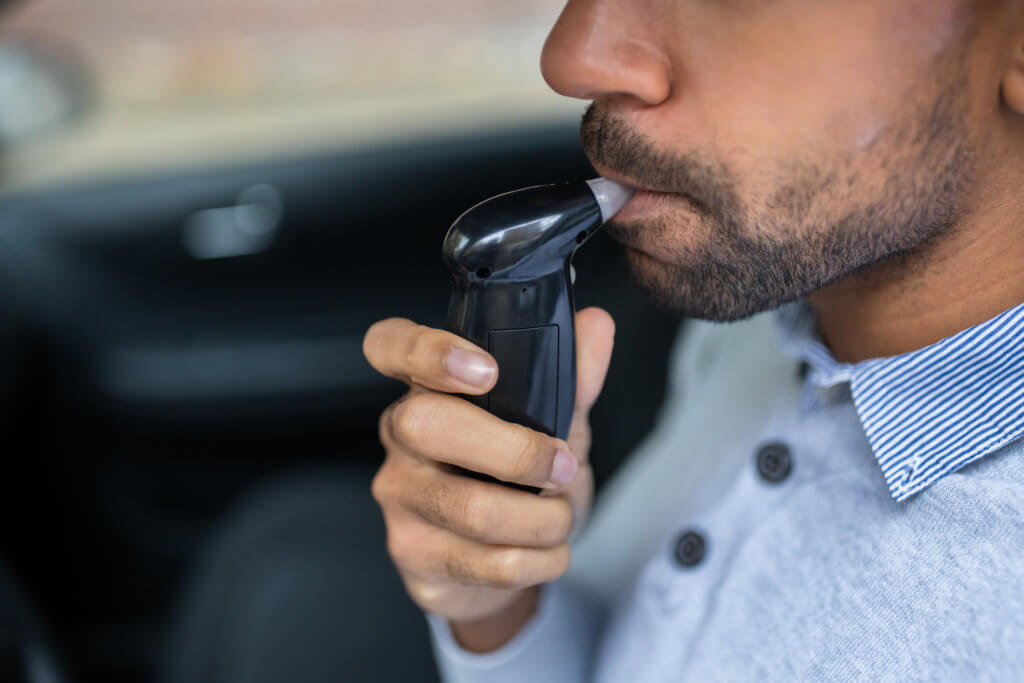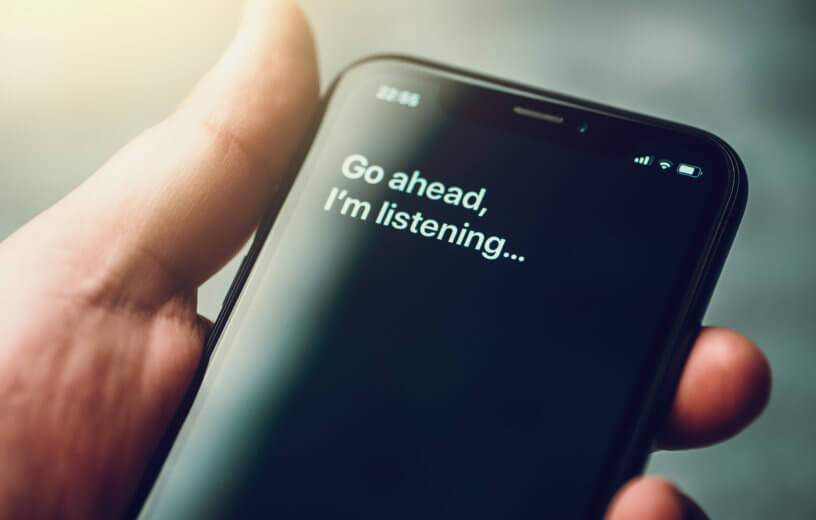PISCATAWAY, N.J. — An innovative smartphone app may soon be able to detect if users are too drunk to drive by analyzing their speech. Scientists suggest that built-in sensors in smartphones could gauge a person’s level of intoxication through vocal changes.
The study involves participants consuming alcohol in quantities adjusted for their weight and then attempting tongue twisters at intervals — once before drinking and then hourly for up to seven hours. Participants read the tongue twisters aloud while a smartphone, positioned on a table, recorded their speech.
Simultaneously, researchers measured the drinker’s breath alcohol concentration at the outset and every half hour for the duration of the experiment.
Using digital software, the research team isolated the speakers’ voices, divided them into one-second segments, and examined attributes such as frequency and pitch. Comparisons between the voice pattern change over time and the breathalyzer readings demonstrated a 98-percent accuracy rate in predicting intoxication, according to the research findings.
The study, which included 18 adult participants 21 and older, was a collaborative effort between Stanford Medicine and the University of Toronto.
“The accuracy of our model genuinely took me by surprise. While we aren’t pioneers in highlighting the changes in speech characteristics during alcohol intoxication, I firmly believe our superior accuracy stems from our application of cutting-edge advancements in signal processing, acoustic analysis, and machine learning,” says the study’s lead researcher, Professor Brian Suffoletto of Stanford Medicine, in a media release.
The scientists aim to create “just-in-time interventions” to avert injuries and fatalities from vehicle accidents and other mishaps. The team advocates for an intervention tool that is straightforward and widely accessible, with smartphones and smart speakers being excellent candidates due to their pervasive presence.
“While one solution could be to frequently check in with someone to gauge their alcohol consumption, doing so could backfire by being annoying (at best) or by prompting drinking (at worst),” explains Dr. Suffoletto. “So, imagine if we had a tool capable of passively sampling data from an individual as they went about their daily routines and surveil for changes that could indicate a drinking episode to know when they need help.”

Suffoletto envisions future surveillance tools that might incorporate multiple types of sensors, like those for detecting changes in gait, voice, and texting patterns.
“One primary reason is statistical: integrating test with varying sensitivities and specificities can elevate overall performance,” Dr. Suffoletto elaborates. “Additionally, we cannot always depend on users to provide continuous data inputs. An individual might not speak for hours, but they could be walking. There might be instances where they’re stationary at a bar, neither walking nor talking, yet actively texting.”
The researchers stress the need for more extensive studies, including participants from diverse ethnic backgrounds, to verify the reliability of voice patterns as an indicator of intoxication.
They also suggest partnering with companies that collect speech data via smart devices. Viewing this research as a “call to action,” Dr. Suffoletto encourages health authorities to establish repositories for such digital biomarkers. The overarching aim is to develop a user-friendly intervention system that can effectively prevent injuries and save lives.
“Timing is paramount when targeting the optimal moment for receptivity and the relevance of real-time support. For instance, as someone initiates drinking, a reminder of their consumption limits can be impactful. However, once they’re significantly intoxicated, the efficacy of such interventions diminishes,” Dr. Suffoletto concludes.
The study is published in the Journal of Studies on Alcohol and Drugs.
You might also be interested in:
- Swipe away alcoholism? Smartphone app helps college students cut their heavy drinking
- Can field sobriety tests accurately detect when drivers are high on marijuana?
- Smartphones can tell if someone is drunk simply by their walk
South West News Service writer Stephen Beech contributed to this report.

